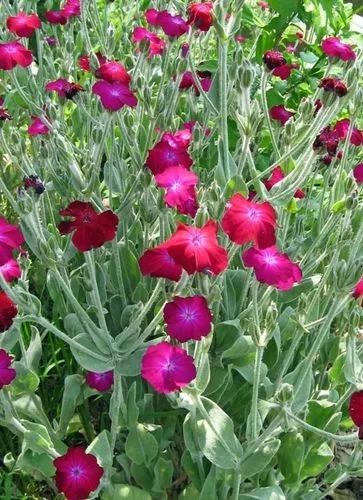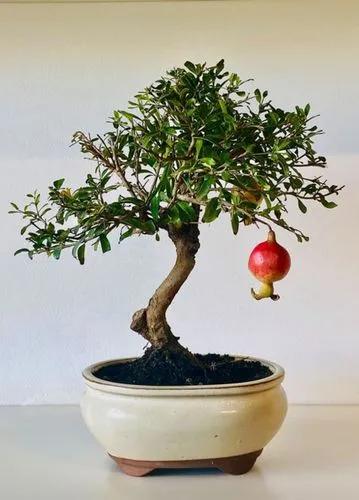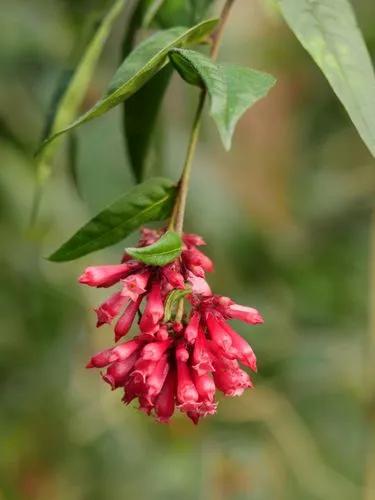Justicia aurea, the Brazilian plume or yellow jacobinia, is an ornamental shrub native to the Cerrado vegetation of Brazil. This plant may be propagated by herbaceous stem cutting, and it can usually get to 1,50 - 2,50 m tall.
Orange Flame Justicia Care
Justicia aurea



Justicia aurea, commonly known as yellow jacobinia, is an evergreen shrub that typically grows to 4-8’ tall and to 2-3’ wide. It is native to Mexico and Central America. Erect, tubular, bright yellow flowers in terminal torch-like plumes (to 6-10” long) bloom in summer atop flower stems rising from the dark green ovate to ovate-lanceolate leaves (to 4-12” long). Genus honors James Justice, 18th Century Scottish horticulturist. Genus name honors James Justice, 18th Century Scottish horticulturist (1698-1763). Specific epithet from Latin means golden in reference to flower color.
How to Care for the Plant

Water

The watering must be regular and abundant in summer, more spaced in winter, leaving the superficial layer of the loam to partially dry up before watering again.

Fertilizer

Fertilization is done preferably with slow release balanced products with addition of micro-elements at the beginning of the growing season.

Sunlight

Colorful flower bracts tend to bleach out in full sun, so these plants are generally best grown in part shade areas with protection from hot afternoon sun. Indoor plants need full sun.

Soil

The plant is best grown in moist, humusy, well-drained soils.

Temperature

The lowest winter temperatures this plant can survive outside are -9.4°C (15°F) to -6.7°C (20°F).

Container

This plant can be grown in a container. Choose a pot with enough drainage holes.

Popularity

46 people already have this plant 16 people have added this plant to their wishlists
Discover more plants with the list below
Popular articles






